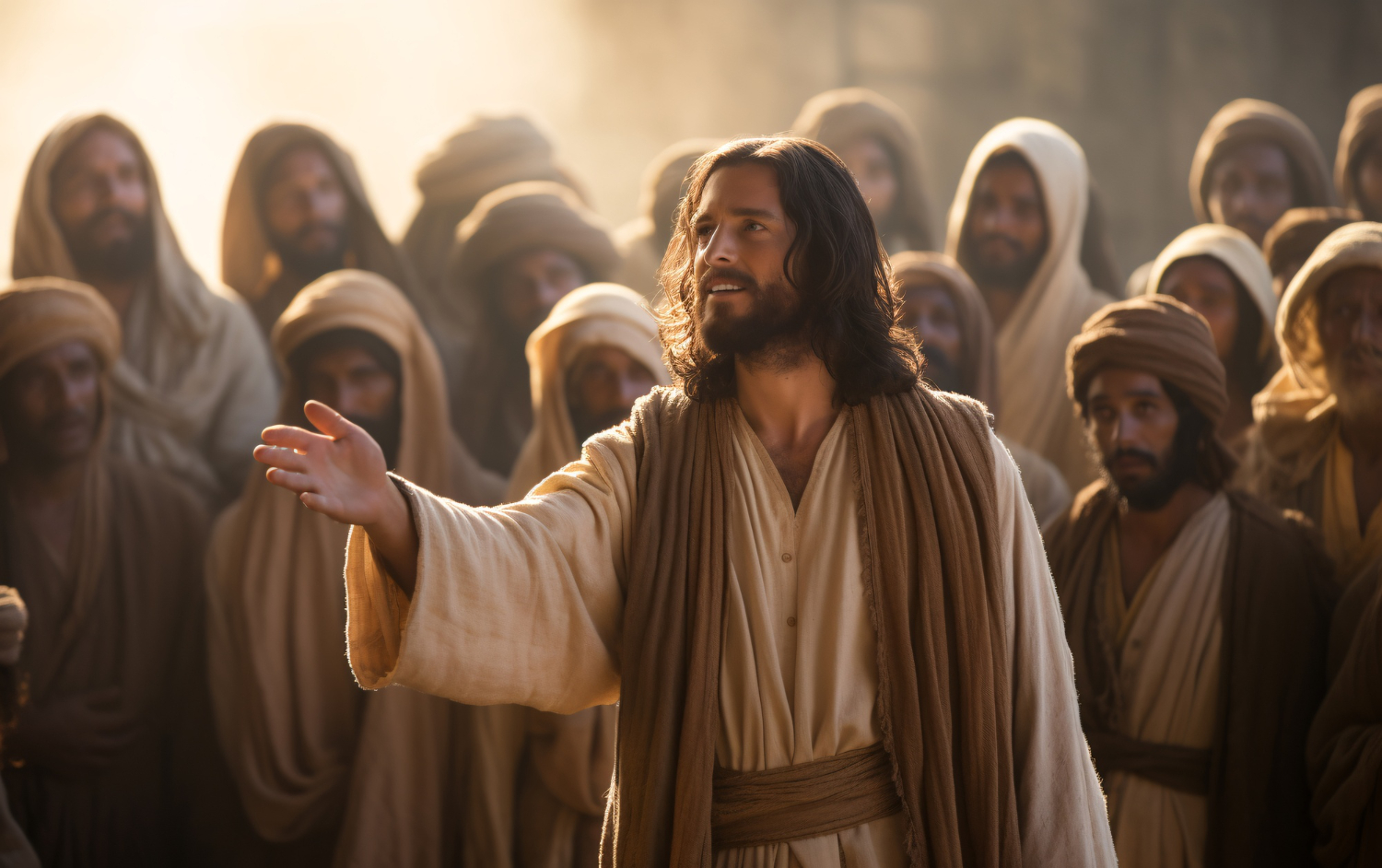LESSONS FROM THE PARABLE OF THE PERSISTENT WIDOW
(8)Believers of today have greater and better privileges than this poor widow:
(i) She was a stranger, nothing related to the judge but God’s praying people are His own ELECT whom He knows, loves, delights in, and always have concern for (Eph. 2:12-13, 19; 1Pt .2:9-10).
(ii) She did not tie herself to the formalities of the law but made personal application to the judge. See Is. 59:1-2. Compare Heb. 4:15-16.
(iii) She came to a judge that bade her to keep her distance (Lk. 18:4a) but we come to a Father that bids us to come boldly to Him (Heb. 4:16) and teaches us to cry Abba Father (Gal. 4:6-7; Rom. 8:15). “Abba” in Hebrew means “Father” and is used to address God in a relatìon of personal intimacy.
(iv) She came to an unjust judge but we come to a righteous Father. One that comforts His poor creatures, especially those in distress as widows and the fatherless (Rom. 2:11; Acts 10:34).
(v) She came to this judge purely upon her own account but God is Himself calling unto us. Check Jer. 29:12-13; Is. 65:24; Matt. 11:28.
(vi) She had no friend nor powerful people of influence who could plead her case before the judge but we have an Advocate Who ever lives to make intercession for us before the heavenly Father. Look up Rom. 8:34; Jn. 16:23; 1Tim. 2:5.
(vii) She could have access to the judge only at some certain times but we may cry to God day and night (Lk. 18:7). “If there’s a man to pray, there’s a God to answer.”
(viii) Her importuity was provoking to the judge (Lk. 18:5) which might set him more against her, but our importunity is pleasing to God. See James 5:16b.
UNDERSTANDING JESUS’ QUESTION IN LUKE 18:8b.
“Nevertheless when the Son of man cometh, shall He find faith on the earth?”
▪︎ The word “And” at the beginning of Luke 18:1 is an indication that chapter 18 is a continuation and a build up on chapter 17 of Luke, where Jesus was speaking about the mystery of His coming.
▪︎ The question is a rhetorical question (a question asked without expecting an answer but for the sake of emphasis or effect). But from it we can deduce the following:
(i) The point is not about whether God will do what He has promised to do but whether we will trust Him to do it.
(ii) Jesus will come again but will His elect be ready when He comes?
(iii) When the Son of man comes the way He promised in Luke 17 (Lk. 17:20, 26-30, 34-36), will He find people praying the way He commanded in Luke 18:1? Compare Lk. 21:36; Rom. 12:12; Eph. 6:18; Col. 4:2; 1Thes. 5:17.
(iv) Continual devotion to prayer should be a way of life, not only when occasion demands. See Is. 62:6-7.
(v) This question requires a personal answer from every believer.
(vi) Jesus will indeed find faith on earth when He comes because He has promised that His Church will endure (Matt. 16:18). But will He find you in the faith?
CONCLUSION
We continue to pray because we believe that God cares about us and will do what is right in the end. If we give up on prayer and stop praying, we are practically saying that we do not believe God will listen to us at all. May the Lord help us to remain in faith till He comes in Jesus’ name.

